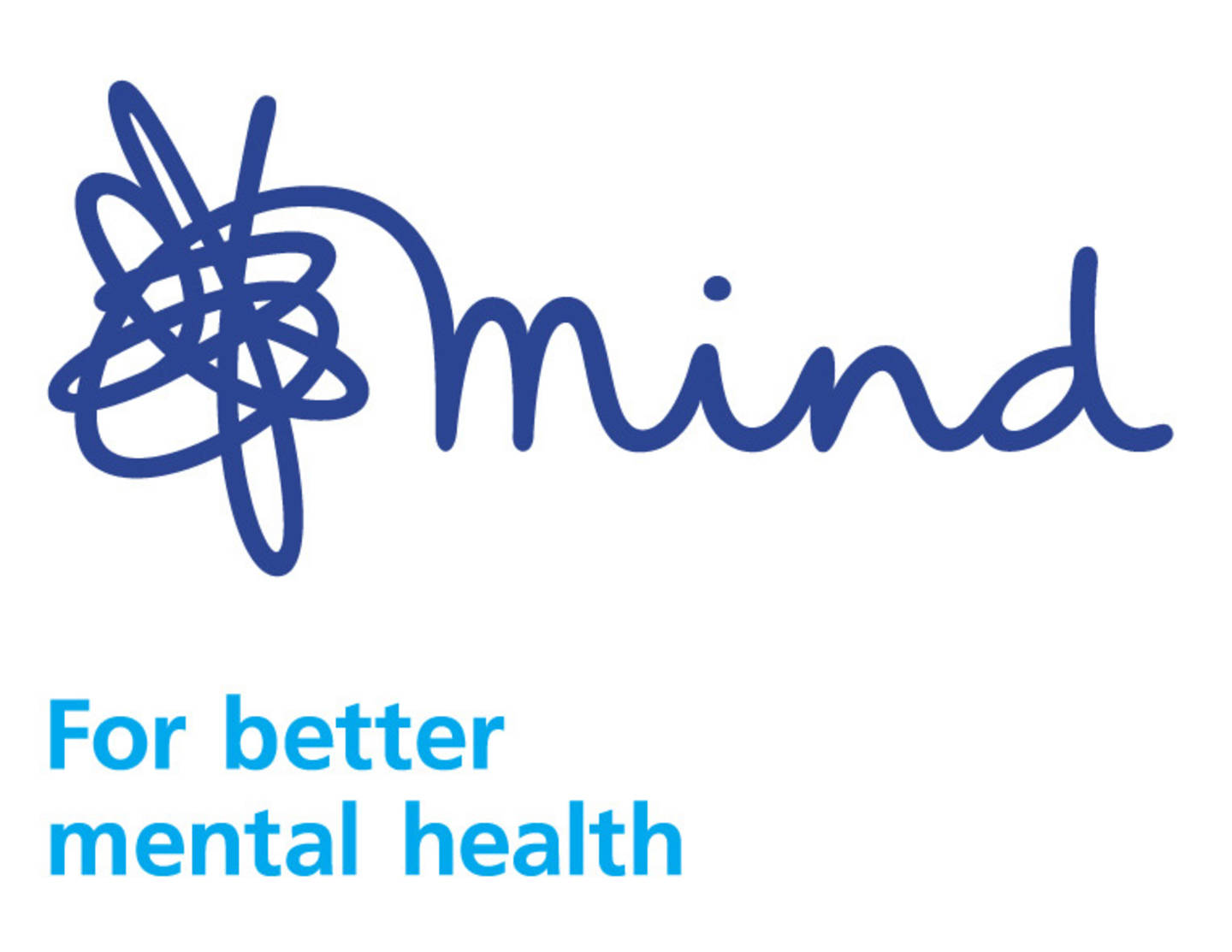Mind and Activity Alliance to support sector to be more inclusive
The charities Mind and Activity Alliance have today announced they will work in partnership to support sport and physical activity organisations to be more inclusive. Together, they hope to equip the sector with the skills to support and engage more disabled people and people with mental health problems in physical activity.

The partnership, supported by Sport England and the National Lottery, hopes to make sport and physical activity organisations more welcoming and inclusive. It forms part of Mind’s wider work with several partners across the sector, including Activity Alliance. The aim is to indirectly reach 2.8 million people through training and awareness-raising within organisations.
Sport England research shows that there are strong correlations between poor mental health and physical inactivity.[1] By contrast research from Mind’s Get Set to Go sports programme found that participants who did regular physical activity felt it improved their resilience and their ability to deal with anxiety, panic attacks, and even suicidal thoughts[2].
Yet despite the proven benefits of sport and physical activity on mental health, people with mental health problems face significant barriers to being active. Mind’s research suggests that almost 70 per cent of people with mental health problems feel that their mental health makes taking part in physical activity too difficult. Factors such as worrying about body image, being intimidated by sports settings like gyms and difficulty in finding motivation can all prevent people with mental health problems get active.
Activity Alliance’s own research[3] also suggests that, while non-disabled people’s perceptions of disabled people are showing welcoming signs of improvement, ingrained perceptions are creating barriers in changing the reality of disability, inclusion and sport
The partnership runs until March 2021 and aims to achieve the following:
- Mind and Activity Alliance to upskill each other in mental health and disability/inclusion
- Join forces to support regional sport and physical activity organisations around engaging disabled people and people with mental health problems
- Collaborate in the development and promotion of research around disabled people and people with mental health problems
- Promote and produce resources and guidance to upskill the sport and physical activity sector on how to support and engage disabled people and people with mental health problems
- Work together to ensure mental health and disability inclusion elements are incorporated in sport and physical activity standards and policy
Paul Farmer, Chief Executive of Mind, said:
“We know that physical activity can play a vital role in the lives of people with mental health problems, reducing the risk of depression by up to 30%. This is why we’re delighted to be partnering with Activity Alliance to give the sector more skills in their kitbag to ensure disabled people and people with mental health problems feel more able to get active.
“Unfortunately, while we know of the benefits of physical activity, we also know that many people who do want to participate in sport are being held back by their mental health, whether that’s feelings of low self-confidence, exhaustion or fear of crowded spaces. Our own research showed that four fifths (80 per cent) of people with mental health problems are put off sport because they feel self-conscious about their bodies and almost 70 per cent feel their mental health makes taking part too difficult. Nearly two thirds (64 per cent) were also worried about taking part in sport by themselves.
“With Activity Alliance’s support we look forward to working even more closely with the sport and physical activity sector to make organisations more inclusive and welcoming and ultimately to reduce the barriers disabled people and people with mental health problems face.”
Barry Horne, Chief Executive for Activity Alliance:
“We recognise the part sport and activity have to play in the lives of disabled people and people with mental health problems. The barriers that exist are wider than those they face in sport.
“The more collaborative our thinking, insight and delivery is, the more people we can influence to challenge perceptions and change the reality of disability, inclusion and sport. That’s why this strategic partnership with such an influential organisation as Mind is so crucial.
“The stark reality is that disabled people are twice as likely to be inactive as non-disabled people. And research shows that people with mental health problems are less engaged in sport and activity. We hope by working together that we can ensure more people can reap the benefits of an active lifestyle.”
[1] Only 50% of people with mental health problems are active (doing 150 minutes a week) compared to 60% of the general population. Sport England Active Lives Survey May 2016-17.
[2] Mind’s Get Set to Go evaluation
[3] Activity Alliance’s Taking part with disabled people: Non-disabled people's perceptions